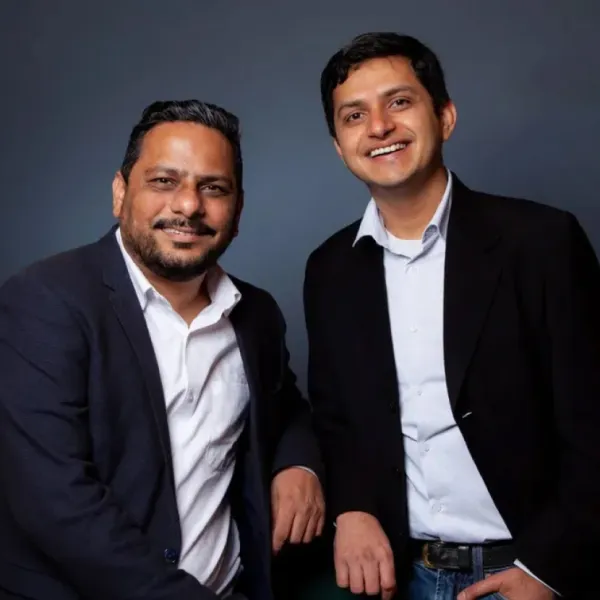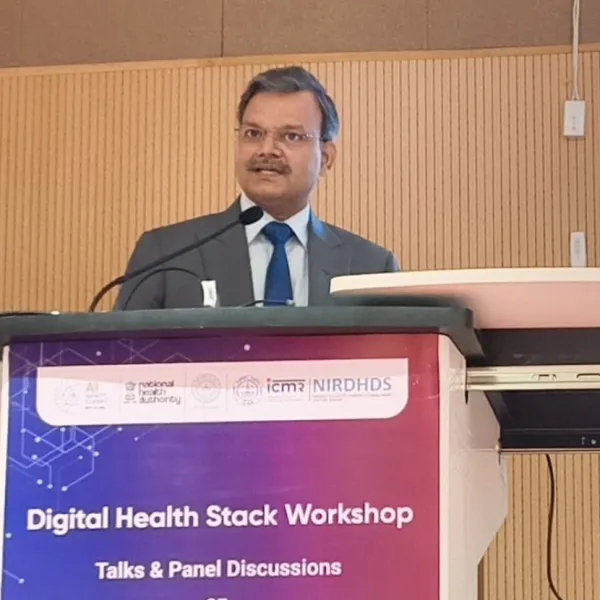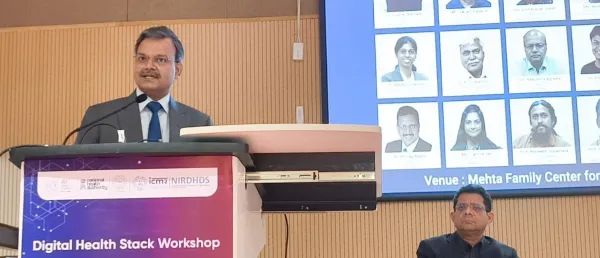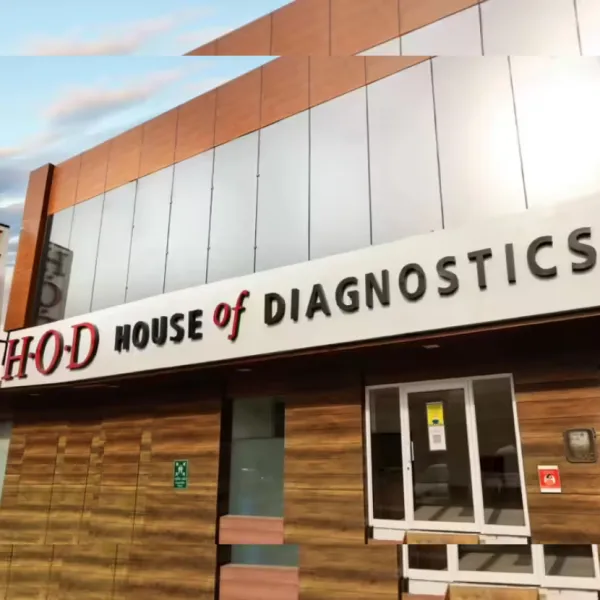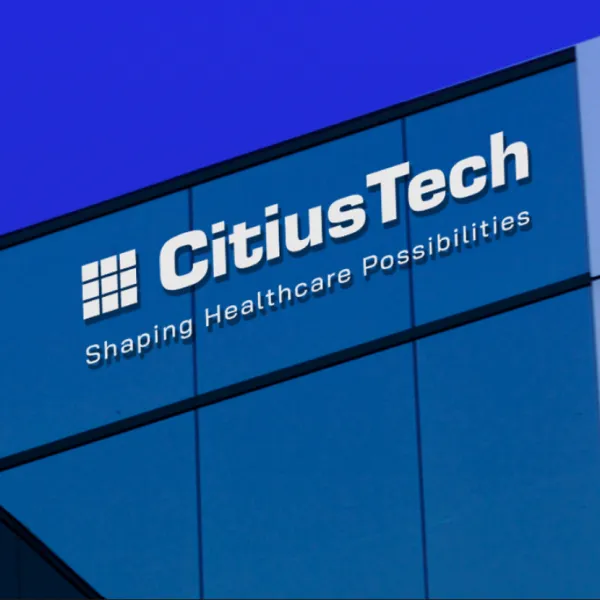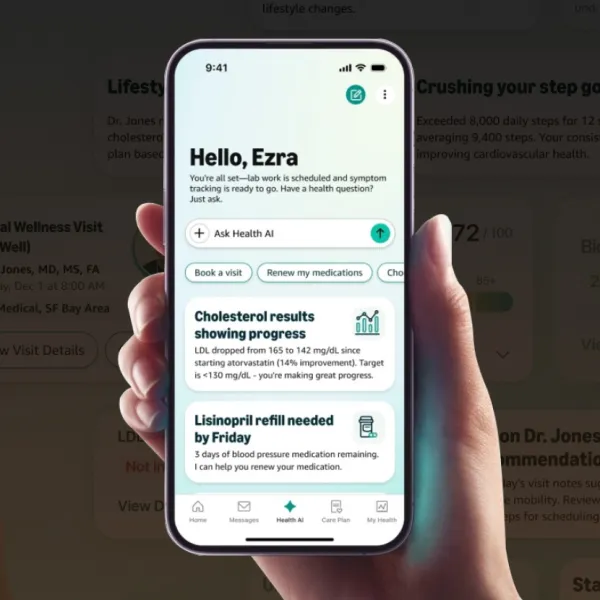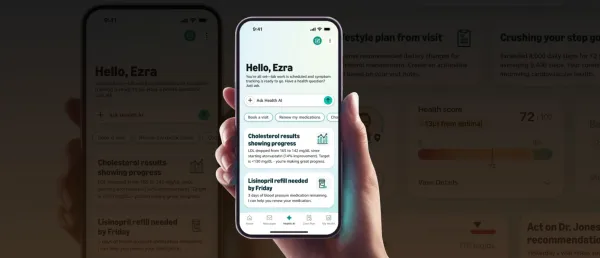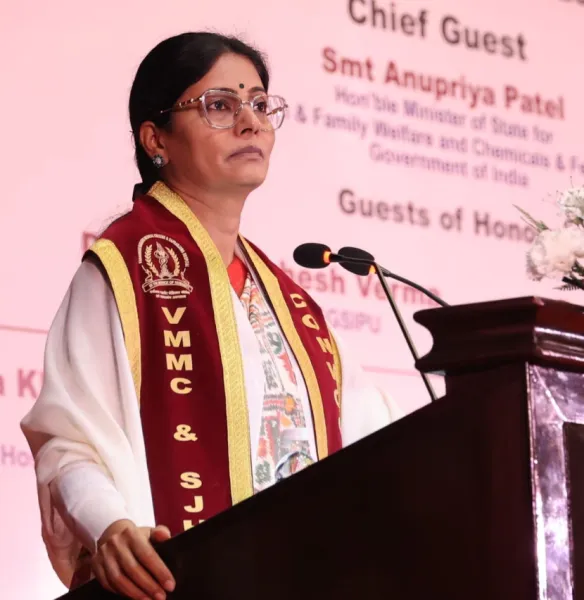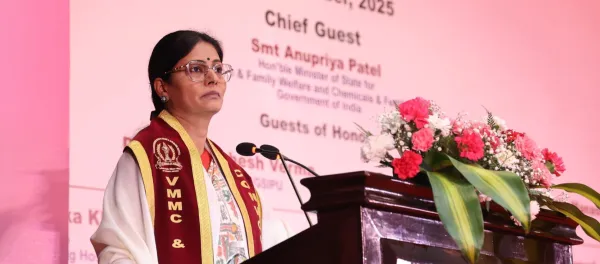C-CAMP & ACT For Health Partners to Strengthen Comprehensive Eye Care in K’taka

This program aims to leverage innovative, indigenous health technology to address the pressing need for eye care services across the state.
Bengaluru-based biotech innovation hub, the Centre for Cellular and Molecular Platforms (C-CAMP) has collaborated with the Government of Karnataka's Health and Family Welfare Department and ACT For Health for Comprehensive Eye Care Program in Karnataka.
This program aims to leverage innovative, indigenous health technology to address the pressing need for eye care services across the state.
Under the agreement, ACT For Health, a venture philanthropy platform, has committed to providing significant funding of INR 5.7 Cr for the year 2024 to bolster this initiative.
Sharing insights, Dr Taslimarif Saiyed, CEO, C-CAMP, said, "Through this project, we are aiming to enhance public health infrastructure to deliver quality eye care across Karnataka and significantly reduce the prevalence of preventable blindness."
He further emphasized the importance of innovative screening technologies and teleophthalmology to ensure specialized care reaches rural health centers efficiently.
Asha Kirana Initiative
The program aims to serve a substantial portion of the underserved population, to reach approximately 8-9 Lakh individuals across eight districts in Karnataka.
Aligned with the Karnataka State vision care program, Asha Kirana, and the National Health Mission's National Programme for Control of Blindness & Visual Impairment (NPCBVI), the initiative focuses on deploying ophthalmic devices equipped with digital solutions and cloud-based technology.
The overarching goal is to eradicate preventable blindness across a wide age range, spanning five to 80 years.
Additionally, the program expands its scope by including provisions for eye care services for public transport personnel.
Screening and eye checkups will be conducted as part of the initiative, with complimentary spectacles provided for vision correction.
Termed Sarige Asha Kirana, this component of the program aims to enhance the public safety of approximately 1.1 Cr daily commuters utilizing Karnataka's public transport system.
The launch of the Comprehensive Eye Care Programme witnessed the presence of key government officials, including Health Minister Dinesh Gundu Rao and Transport Minister Ramalinga Reddy.
Sharing thoughts, Krisha Mathur, director, ACT For Health, said, "We believe it could create lasting impact at scale by bringing cutting-edge innovations that address critical ophthalmology needs.”
He further highlighted the partnership's potential to gather crucial insights on technology-led innovation, which could contribute to strengthening India's public healthcare system.
Latest Healthcare Developments in Karnataka
In related developments, Infosys Foundation, the philanthropic arm of Infosys, in partnership with C-CAMP, launched the project ‘Early Life’ in Karnataka.
The ‘C-CAMP-Infosys Foundation Project Early Life’ initiative aims to improve healthcare services for pregnant women and infants in the state.
Also, Thermo Fisher Scientific, a prominent scientific services company, has partnered with C-CAMP to establish a Centre of Excellence in Bengaluru.
This collaborative effort aims to serve as a hub for innovation in the biotechnology sector, offering researchers the infrastructure and expertise necessary for breakthroughs.
Under this partnership, C-CAMP is expected to provide the infrastructure for the Centre of Excellence, while Thermo Fisher Scientific will equip it with state-of-the-art solutions in flow cytometry and molecular biology.
Additionally, the company extends research and training opportunities to scientists associated with startups, academic institutions, and biopharma organizations affiliated with C-CAMP.
C-CAMP has also been actively involved in fostering innovation in healthcare beyond Karnataka. Through a MoU with the Medical Education & Research Department (ME&RD), Government of Assam, C-CAMP aims to strengthen public health infrastructure and promote technology adoption among healthcare practitioners.
This collaboration sought to improve early screening and detection of retinopathy of prematurity, a common eye disease affecting premature babies and newborns.
Stay tuned for more such updates on Digital Health News











